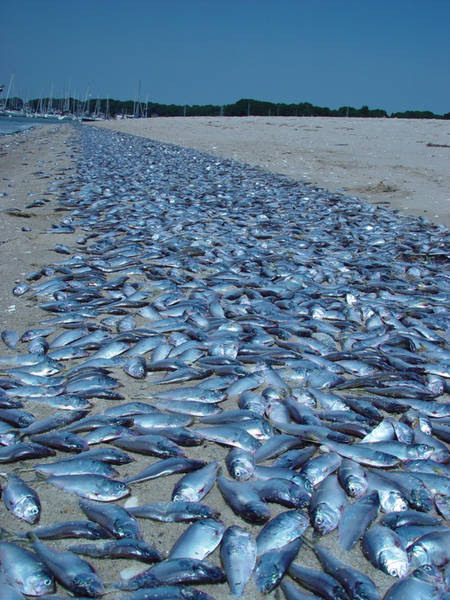
Coastal resources in Nigeria are extensively affected by marine pollution. For example, the fauna, flora and the whole ecology of the coastal environment are grossly impacted by marine pollution. Apart from directly impacting the living resources, in most cases, marine pollutants have the tendency to progressively degrade or negatively alter the environment and subject it to extreme conditions that are way beyond the adaptation or tolerant limits of the living things therein. Aquatic life is also destroyed, owing to acute thermal shocks. Other effects of thermal pollution are normal physiological processes like reproduction and growth of aquatic species that have become grievously impaired. Frequent discharge of oil spills, untreated sewage, hot effluents and other types of debris into coastal aquatic environment is a common phenomenon off the coasts of the industrialized cities of the Niger delta, such as Port Harcourt and Warri, and the Nigeria’s economic capital, Lagos.
Moreover, in the coastal environment of Nigeria, gas flaring particularly at flare pits, cause severe thermal pollution. There are numerous flare pits in the Niger delta alone. Scorching heat that emanate from flare sites damage wildlife over a considerable radius of the involved areas. Heat that is emitted via constant burning of forest immensely distorts the natural population density of nocturnal animals.
Primefield Limited, as a seasoned environmental consultant with so many years of experience, recommends the following measures to the Nigeria’s Federal and State Governments, as well as related agencies and environmental protection bodies:
- We advise concerned parties to economically empower residents of coastal communities, in order to help make them more responsible on the consequences of environmental waste.
- Primefield recommends aggressive advocacy and enlightenment of both the pollutants and the affected people.
- Introduction and setting up of local scientific committees that will transparently collaborate with international partners, to solve localized issues in the affected coastal areas
- Educating coastal dwellers through re-orientation and attitudinal change on the best ways to reduce, if not eradicate, pollution of our rivers and seas.
- Educating coastal dwellers on how best to treat sewage before discharging it into the ocean. They should be enlightened on the consequences of discharging untreated sewage into our ocean.
- Governments should strictly enforce relevant laws that concern the abuse of our seas. Every incident of oil spill should be vigorously investigated and accountability should be put in place at all times. Any company that causes oil spill must be held accountable, and it must clean up the mess quickly and be penalized financially. Apart from oil spill, people who dump waste in the ocean and rivers should be deterred by the consequences of strict penalties.
If you find this article interesting and would like to get more information and insight on how to protect marine life against pollution, don’t hesitate to contact Primefield, your one-stop-shop to environmental Protection consultancy.


